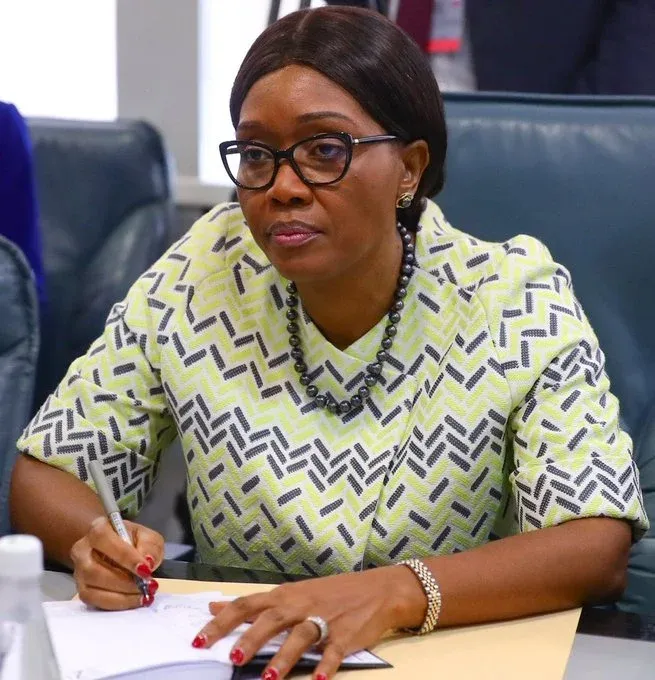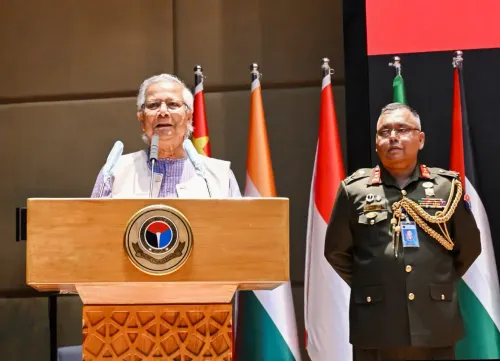Is Namibia Facing Economic Inequality and Poverty?

Synopsis
Key Takeaways
- Namibia struggles with poverty and inequality despite over 30 years of growth.
- Unprocessed resource exports limit economic potential.
- Access to primary healthcare needs improvement, particularly in rural areas.
- The mining sector remains a vital contributor to the economy, despite recent revenue declines.
- A call for concerted action from all sectors is essential for progress.
Windhoek, Aug 14 (NationPress) Namibia is still contending with entrenched poverty and inequality, despite over thirty years of economic advancement, stated National Assembly Speaker Saara Kuugongelwa-Amadhila on Thursday.
During a conference titled "Namibia's Constitution amidst Reflection, Reform, and Renewal", the Speaker reflected on the nation’s journey 35 years post-independence, as reported by Xinhua News Agency.
She commended the constitution as a moral compass guiding the nation from an apartheid regime towards a cohesive, democratic state.
Despite economic growth, many Namibians still lack access to the opportunities that the economy presents, she noted.
Namibia's exports remain dominated by unprocessed resources, which limits value addition, industrial growth, job creation, and public revenue. She emphasized that "ownership of land and natural resources is unevenly distributed, jeopardizing equity and collective prosperity".
Moreover, she pointed out that access to primary healthcare, especially in rural and informal communities, must improve despite overall advancements.
"Infrastructure, equipment, and staffing shortages are significant challenges. The comprehensive implementation of decentralization is constrained by resource limitations in certain areas, including technical skills," she mentioned.
Kuugongelwa-Amadhila highlighted that while Namibia’s financial sector is stable and profitable, it does not cater to all, as numerous individuals in rural and informal economies lack access to affordable credit and banking services.
She urged a renewed commitment to constitutionalism as a "living covenant with our people".
"The ongoing challenges in our development are not failures of vision but rather a call for unified, diligent, and comprehensive action from all sectors, including government, the private sector, and civil society. The speed of progress relies on every stakeholder actively fulfilling their role," she stated.
In the meantime, Namibia's mining industry accrued a total revenue of 51.4 billion Namibian dollars (approximately $2.89 billion) in 2024, marking a slight 0.4 percent decline from the previous year.
This modest decrease was mainly due to reduced revenues from diamond mining, according to the Chamber of Mines of Namibia's 2024 Annual Review released on Friday, as reported by Xinhua News Agency.
Veston Malango, the CEO of the Chamber of Mines of Namibia, presented the review, which provides an extensive analysis of the sector's performance, challenges, and strategic outlook.
Despite the small drop in total revenue, Malango asserted that the mining sector remains a vital contributor to the national treasury. In 2024, the industry contributed 3.008 billion Namibian dollars in corporate taxes, 2.256 billion in royalties, and 360 million in export levies.
Furthermore, the sector showed significant job growth, with direct employment rising by 14.6 percent to a total of 20,843 positions, he noted.









